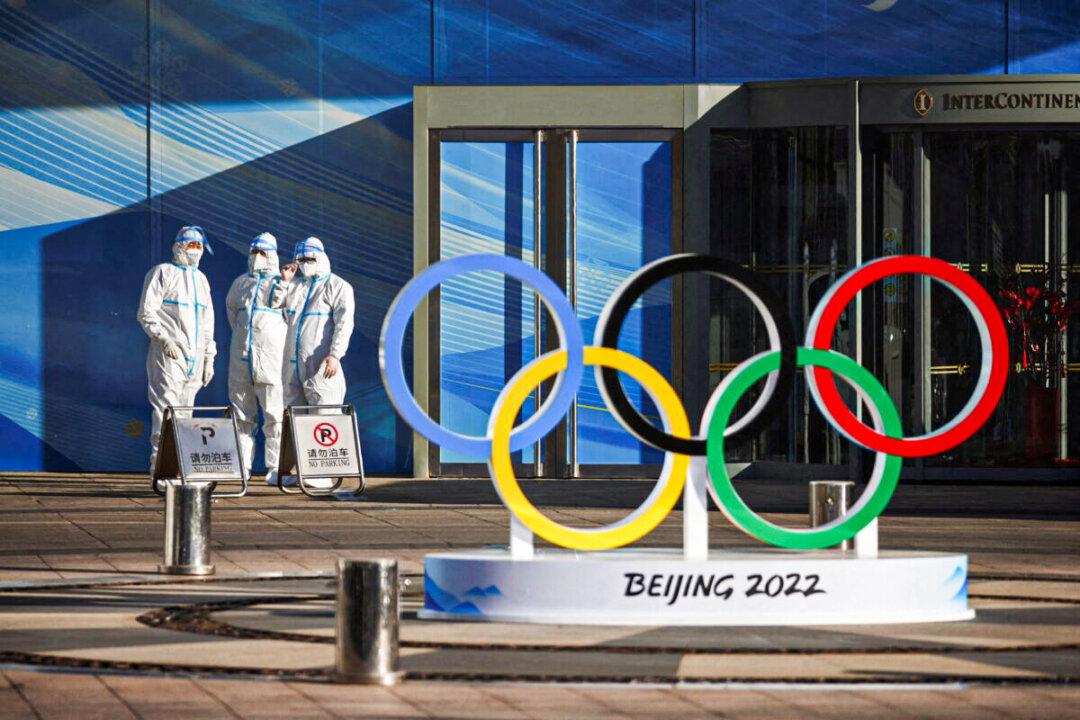Beijing Olympic Organizers on Jan. 17 stopped selling tickets to the general public after the city reported its first case of the highly contagious Omicron variant of COVID-19.
Tickets will only be distributed to a selected group of spectators for the Winter Games taking place from Feb. 4, according to an announcement posted on the organizing committee’s website. Those spectators will need to “strictly abide by” authorities’ virus curbs to “help create an absolutely safe environment for the athletes,” the organizers said.





